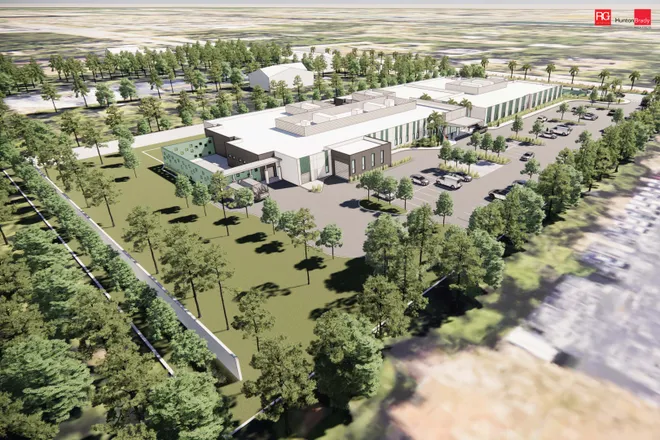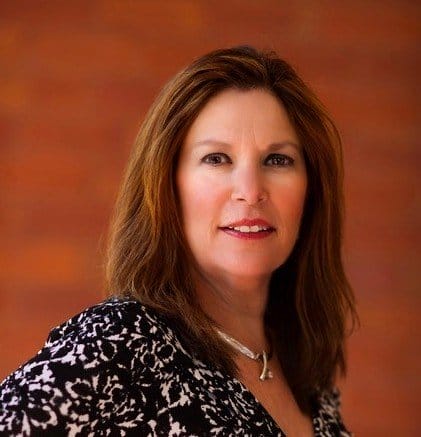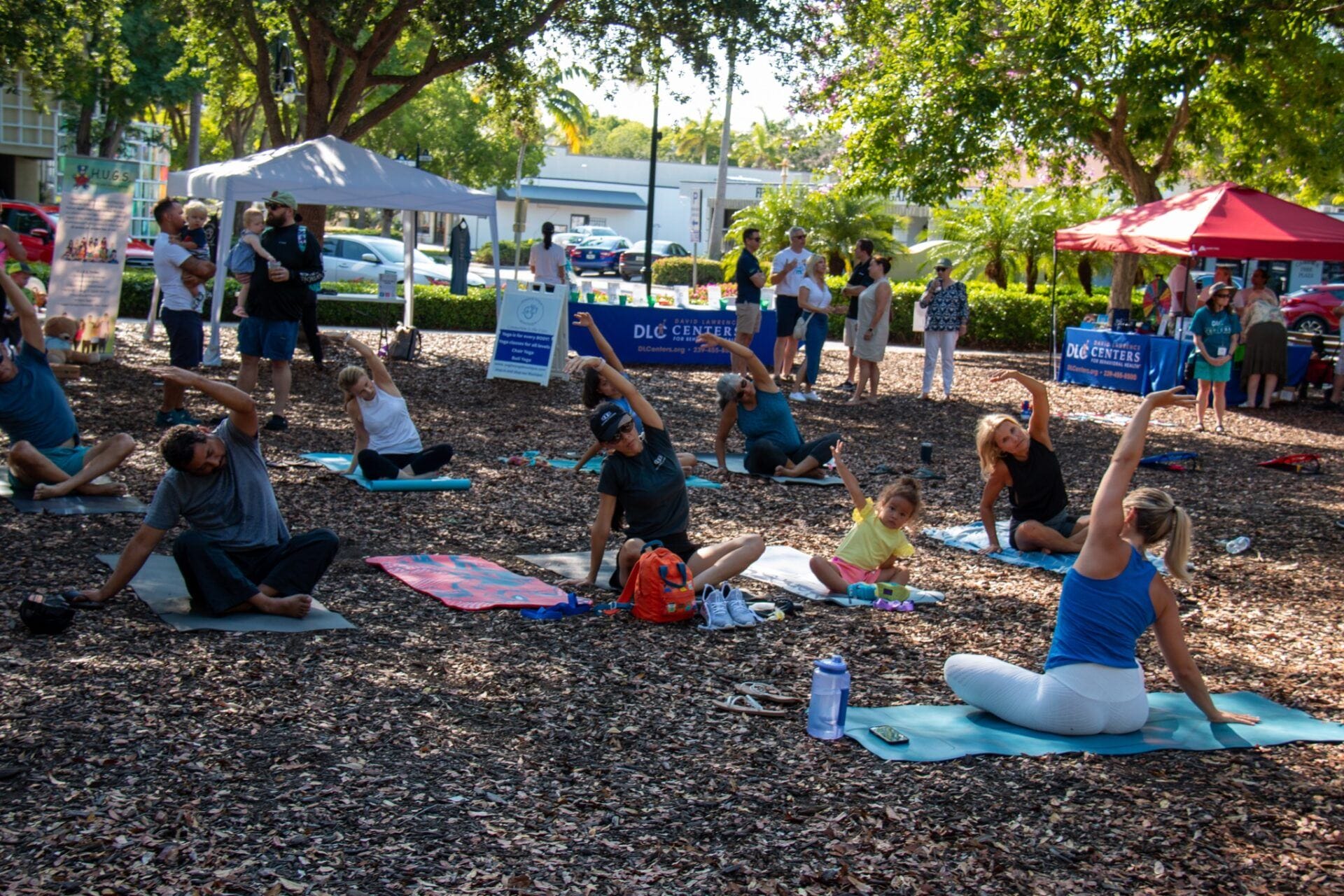
What to Do About Housing Costs
It is difficult to provide for clients who need a place to live and to retain staff members who face rising housing costs. But you can help make a difference.
When James Warnken moved to Collier County in the early 1980s, he was earning about $25,000 a year and bought a condo for $65,000.
“I thought I had died and gone to heaven,” he says. “But that same unit is probably going for more than $300,000 now.”
As David Lawrence Center’s Chief Planning and Business Development Officer, Warnken is keenly aware of the high cost of housing in our community. He is especially sensitive to how those costs affect DLC staff turnover.
“The old rule of thumb is that you allocate 30 percent of your income to pay for housing,” says Warnken. “But in Collier County [where the median price of a home is $429,000], many people have to pay far more than that. It’s increasingly difficult to recruit healthcare professionals in Collier County because some people are simply saying, ‘I can’t afford to live there.’”
Collier County commissioners and other stakeholders have been studying the issue for more than a year to try to come up with some proposed solutions. In October, commissioners began reviewing a plan that, according to the Naples Daily News, “laid out a series of recommendations to keep workforce and middle-class families from being priced out of Collier County. . . . At least two of the major recommendations — to charge fees on new businesses to bring back an affordable housing trust fund and to streamline the permitting process for developers who build affordable places to rent — will face an uphill battle.”
Warnken knows the battle well. But it’s not just for DLC employees. It’s also for their clients, many of whom live in poverty.
“We need not just affordable housing for working people, but supportive housing for people with severe and persistent mental illness (SPMI),” he says. “Individuals with SPMI can function with counseling and meds, but if they don’t have a roof over their heads, it’s very difficult.
“We do a great job taking care of people, but once they’re discharged, many don’t have a home to go to. Many end up ‘couch-surfing’ or in a shelter, or they might be homeless.”
DLC operates 24 units of housing for this population, “but it’s woefully inadequate,” Warnken says. “We really need 75 to 100 beds to meet the need.”
These needs — both for DLC employees and for their clients — are among many reasons to support David Lawrence Centers . Your gifts will help attract and retain skilled mental health professionals to serve a community in need. And your gifts will help provide temporary housing for those who struggle most. Thank you!
Dec 06, 2017 | Blog, News



